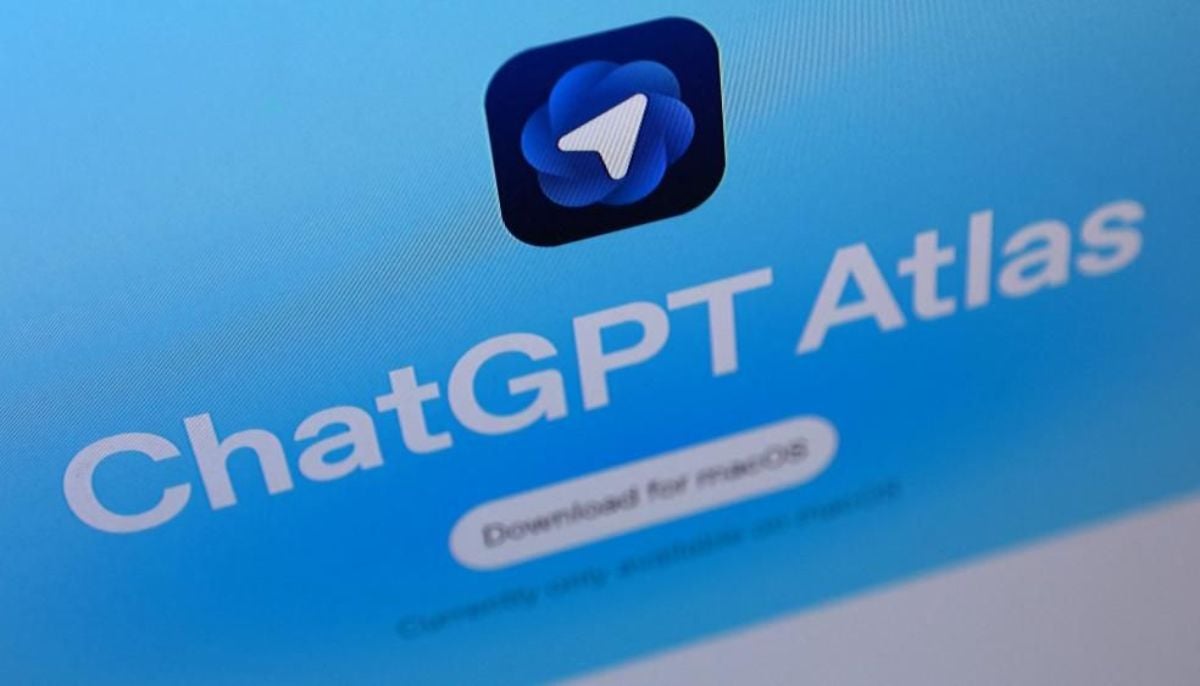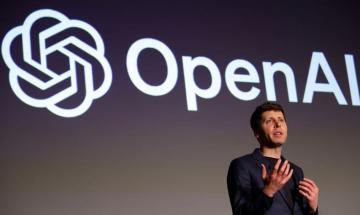Home / Technology
ChatGPT Atlas browser-related facts that will blow your mind
ChatGPT Atlas features an 'agent mode' but it is exclusive to Plus, Pro, and Business subscribers

In a bold move to rival Google and shake up the world of online search, OpenAI on Tuesday launched ChatGPT Atlas, its first-ever AI-powered web browser.
Currently available for Apple laptops, the browser will soon expand to iOS, Windows, and Android.
Announcing the launch, CEO Sam Altman called it “a rare, once-a-decade opportunity to rethink what a browser can be about and how to use one.”
Here are five shocking facts about ChatGPT Atlas you need to know:
1. A chat interface replaces the search bar
Forget URLs. The Atlas browser integrates ChatGPT directly into the interface, transforming search into a natural conversation.
Users can interact with content through a sidebar chat, eliminating the need for constant copy-pasting.
2. Agent mode — but only for paying users
Atlas features an “agent mode”, allowing the AI to perform mini-tasks like booking flights or finding recipes automatically.
However, the tool is exclusive to Plus, Pro, and Business subscribers.
3. Security concerns surface
Privacy-focused browser "Brave" has already warned that AI browsers like Atlas could be vulnerable to indirect prompt injections, where malicious sites can trick the AI into revealing personal data or running unsafe commands.
Another user tweeted: "Do not install any agentic browsers like OpenAI Atlas that just launched."
4. Google’s $100 billion headache
OpenAI’s announcement rattled Silicon Valley as Alphabet’s market value plunged by over $100 billion within hours of the teaser, underscoring how seriously investors view the challenge to Chrome’s 17-year dominance.
5. Restricted content
Not all users were impressed by ChatGPT Atlas’s browsing limits.
One user, @JasonBotterill3, shared that when they asked the browser to show a video of Adolf Hitler, it responded: “I can’t browse or display videos of Adolf Hitler, as such footage and Nazi propaganda are restricted for ethical and legal reasons.”
The exchange sparked debate online about how far OpenAI’s content filters should go in limiting historical material.














